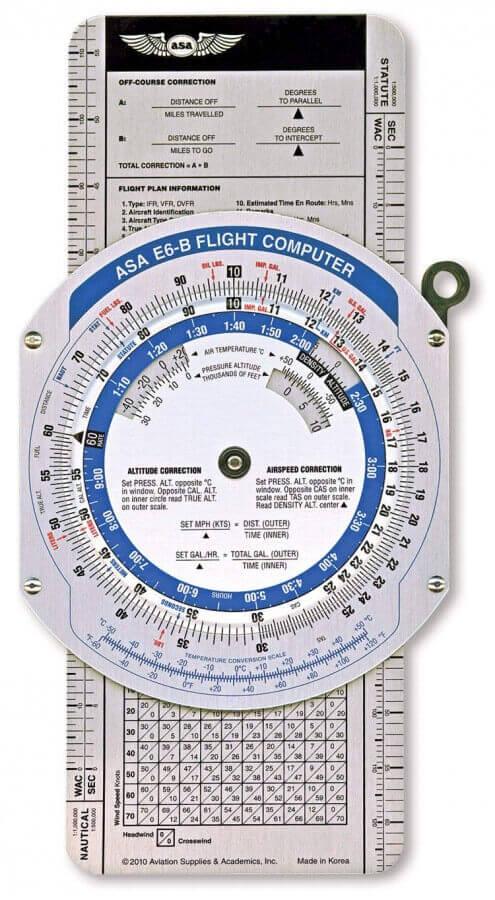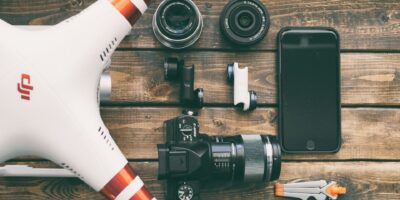The Best Drone for Beginners: A Guide to Getting Started
Picking your first drone has gotten complicated with all the options and opinions flying around. As someone who crashed more starter drones than I’d like to admit before finally getting the hang of things, I learned everything there is to know about what actually matters when you’re just starting out. Today, I will share it all with you.

Easy to Fly Drones
If you’re brand new to this, ease of use should be at the top of your list. You want something that stays stable in the air and doesn’t fight you on the controls. A lot of entry-level drones come loaded with features that make flying genuinely simple. GPS-assisted flight modes, for instance, keep the drone locked in position and help with smooth navigation. It’s like training wheels, except you never really have to take them off.
Altitude hold is another feature worth looking for. It lets the drone maintain its height without you constantly fiddling with the throttle, which frees you up to concentrate on steering and camera controls. And then there’s headless mode — this one’s a lifesaver early on. Instead of you having to think about which way the drone is facing, it aligns the controls with your perspective. When you push the stick left, the drone goes left relative to you, not relative to itself. Trust me, that distinction matters a lot when you’re 200 feet out and can’t tell which end is the front.
Durability and Build Quality
Let me be real with you: you’re going to crash. Everyone does. I did. Multiple times. So pick a drone that can take a hit. Look for models with sturdy frames and prop guards — those little plastic bumpers around the propellers save you from a lot of heartache. Many beginner drones use lightweight materials that flex and absorb impact rather than snapping on contact. That matters more than you’d think during the learning phase.
Modular parts are a big plus too. When something does break — and eventually something will — you want to be able to swap in a replacement part without sending the whole thing back to the manufacturer. It keeps costs down and gets you back in the air faster. A drone that sits on a shelf waiting for repairs isn’t teaching you anything.
Camera Quality
If aerial photography or video is part of why you’re getting into drones (and for most people it is), camera quality matters even at the beginner level. You don’t need Hollywood-grade footage right away, but look for something with at least 720p resolution. That gives you clear enough images and video to actually enjoy what you’re capturing while you build your skills.
Gimbal stabilization is the other big factor here. A gimbal keeps the camera steady while the drone moves around, which means smoother video and sharper photos. Some entry-level models have a physical gimbal built in, while others use electronic image stabilization. Both work fine when you’re starting out. The difference between stabilized and unstabilized footage is honestly night and day — shaky drone video is unwatchable, and nobody wants to share that.
Price Range
Probably should have led with this section, honestly, since budget drives a lot of decisions. Here’s the breakdown: low-cost drones in the $50 to $200 range give you the basics. They fly, they have cameras, they’ll teach you the fundamentals. Mid-range models running $200 to $500 step things up with better cameras, longer flight times, and more features. My advice? Figure out which features matter most to you and set a budget that matches. Don’t overspend on your first drone — you’re still learning, and your second or third drone is where you’ll really know what you want.
Battery Life
Flight time is something every beginner worries about, and honestly, it is a real consideration. Most entry-level drones give you anywhere from 5 to 20 minutes on a single charge. That sounds short, but it’s actually plenty for practice sessions — 15 minutes of focused flying is more tiring than you’d expect. Drones with swappable batteries let you carry spares and extend your time in the field, which I highly recommend.
Charging times vary a lot, too. Some models take up to an hour to juice back up. If you’re the type who wants to fly all afternoon, having two or three batteries on rotation is the move. For casual flyers, a single battery per session usually does the job. Just think about how you plan to use the thing before you buy and plan accordingly.
Top Drones for Beginners
Here are some solid beginner drones that I’d actually recommend:
- DJI Mini 2: This is the one I point most people toward. It shoots 4K video with a 12MP sensor, it’s light enough to stay under the 250g registration threshold in many countries, and it flies for up to 31 minutes on a charge. Hard to beat for the price.
- Ryze Tello: If you want something cheap to learn on without stressing about every crash, the Tello is great. 720p HD camera, about 13 minutes of flight time, compact design, and really intuitive controls. It won’t blow you away with footage, but it’ll teach you to fly.
- Potensic T25: A decent option with GPS connectivity and a 1080P HD camera. You get about 10 minutes of flight time and an adjustable wide-angle lens. Good value if you want GPS features without spending DJI money.
- Holy Stone HS100D: Another GPS-equipped option with a 1080p camera and around 15 minutes of flight time. Stable flyer, solid build, and a pretty forgiving learning curve.
Additional Considerations
Before you take off for the first time, do yourself a favor and learn the rules. Drone flying is regulated, and the specifics depend on where you live. In the US, the FAA has rules about registration, where you can fly, and how high. Other countries have their own regulations. Ignorance isn’t an excuse, and the fines can be steep. Always fly in open areas, stay away from airports and crowds, and use common sense. It protects you and everyone around you.
I’d also strongly suggest using a flight simulator before your first real flight. Simulators let you practice the controls, learn orientation, and build muscle memory without any risk of crashing actual hardware. Once you feel comfortable in the simulator, head outside and start small. Short flights, low altitude, open fields. Work your way up to more adventurous stuff as your confidence and skills grow.
Support and Community
That’s what makes the drone hobby endearing to us pilots — the community. Seriously, drone people love helping newcomers. Online forums, local flying clubs, Facebook groups, Reddit communities — there are tons of places to ask questions and get advice from experienced flyers. I’ve picked up some of my best tips from random forum threads and YouTube comment sections, of all places.
One more thing: buy from reputable retailers that offer decent warranties and customer support. Technical issues happen, especially with budget gear, and having someone to call makes a huge difference. Good after-sale support can turn a frustrating experience into a minor inconvenience.
Keep all this in mind and you’ll find a drone that fits your beginner needs without breaking the bank or overwhelming you with features you don’t need yet. The learning curve is half the fun, honestly. Enjoy it, and welcome to a hobby that’ll give you a whole new way of seeing the world — literally from above.
Recommended Aviation Gear
David Clark H10-13.4 Aviation Headset – $376.95
The industry standard for aviation headsets.
Pilots Handbook of Aeronautical Knowledge – $25.42
Essential FAA handbook for every pilot.
As an Amazon Associate, we earn from qualifying purchases.


